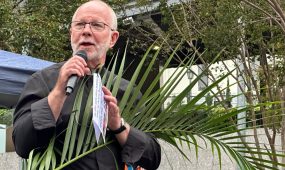Reflections on John Roberto: reimagining faith formation
Reflections
John Roberto, as keynote speaker at our recent Clergy and Lay Conferences, spoke about reimagining faith formation for the 21st century – four conference participants share their reflections on engaging digital technologies and media, how to embrace change, the benefits of intergenerational approaches and how a faith-based school culture can nourish families and staff
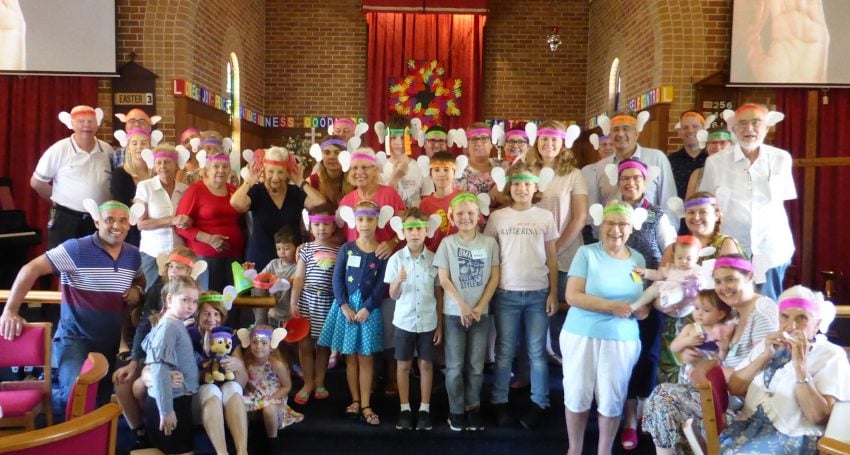
The Right Rev’d Cameron Venables, Bishop of the Western Region
In a series of excellent presentations, John Roberto helped Provincial Clergy Conference participants to recognise the challenges and opportunities created by the ‘triple revolution’ created by the internet, mobile devices and social media. We know that people can access huge volumes of information, music and images from their computers or mobile phones; people can keep in touch with one another through video calls and texting; and, people can share what is going on in their lives, or look at what is happening in the lives of others…365 days a year, 24/7.
Roberto made it very clear that digital technologies create new spaces in which people meet and build community. The missional challenge for the Church in response is to be constructively present in these spaces, and learn to use digital tools well. “We have a gospel to proclaim, good news for all throughout the earth…” sings the old hymn by Edward Burns, and the call continues in our 21st century context.
There was an additional challenge implicit in the content of John Roberto’s teaching, which could prove harder for us to work with because it suggests that we would be most healthy as a Church if we were all – both clergy and laity – committed to life-long learning. Not just Sunday sermons, and an annual five-week Lenten Study, but developing our faith through ongoing study and prayer between Sundays.
Some clergy groaned aloud at the thought of creating mid-week studies for their community, only to be reassured by Roberto that there was a great deal of excellent material available, for all kinds of church traditions. The challenge is to select the most appropriate material from this, and make it available through parish websites, parish Facebook pages, parish blogs, emails…and so on.
In an excellent session on the Wednesday evening, there was opportunity to hear from some people in our Diocese who are effectively using digital tools in parish, school and Diocesan contexts. The take-away thought from that night was, “Give it a go! – and if you need help, we can give it”.
My hunch is that the people already using digital tools were inspired to network better, learn from best practice in other parts of the world and improve their own practice. There were others present who have not used digital tools in ministry for all kinds of reasons, and many were inspired to risk entering this space in a newly informed way. #SoMuchToLookForwardTo!
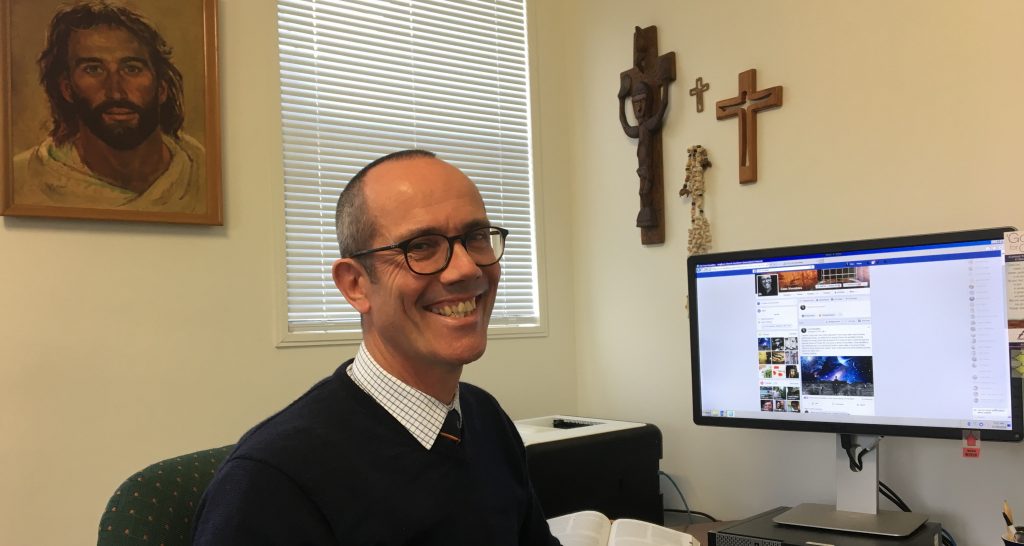
Bishop Cameron in his Toowoomba office engaging with a large Facebook community in September 2018. To connect on Facebook, send a request to ‘Cam Venables’
The Rev’d Jamee-Lee Callard, Assistant Curate, St John the Baptist Anglican Church, Bulimba (now Locum Priest at St Paul’s Anglican Church, Manly)
John Roberto’s conference content was inspiring in many ways and I felt very privileged to witness the changing attitude of many of my colleagues as they responded to Roberto’s ideas, by reappraising their ministry perspectives.
Change seems to be difficult for humans, and Roberto helped to identify the key factor in managing change effectively, so that it is a successful experience for all those involved. He emphasised the need to identify and engage people’s emotions and feelings, while envisioning a future that is different from the present experience. He acknowledged that, by providing information and data, a person may be more equipped to facilitate or tolerate change, but that if he/she is not emotionally ready or willing for change to occur, it will be a painful process and may not prove to be efficacious.
Advertisement
The primary fear that people associate with change is loss. That what is comfortable and known may be lost in the process of adopting something new, and that the new ‘unknown’ may not be as good as what, in the past, has been appreciated as valuable. I feel that the Church is groaning with this reality in our context, where we are constantly challenged with the need to be relevant, but remain true to our Christian identity.
One of Roberto’s suggestions for change facilitation in parishes and church groups is to acknowledge and mourn for the things of the past, which may be to let go in a healthy and cathartic manner in the process of changing to meet new needs. All those involved in ‘closing’ ministries need the space to grieve their loss and say goodbye before they are ready to engage with the new and emerging. His example of the activity was to give a funeral service, and ensure that there is space for symbol placement and storytelling, so that all are collectively enabled in their emotional readiness to meet change, which is a part of our distinct ontology as living communities of transformation. Change is what Jesus calls us to embrace to follow wherever God will lead.
Rick Gummow, formation student, St Francis College, Milton
More than fifty years ago, the Canadian philosopher and academic Marshall McLuhan coined the phrase “The medium is the message”. By that he meant that it was the communication medium itself that influenced the scale and form of human association and action. This has become apparent in the rise of digital communication technologies. So, the question asked at the Provincial Clergy Conference could be paraphrased as “How can we better use digital technology to help shape the scale and form of all our parish actions and interactions with each other?”
Advertisement
In its literal sense though, this medium is emphatically not the message. The message is not a lovely website. The technology is a tool to help bring people to Christ and to deepen our relationships as members of each other in Christ when we gather on Sundays. Coming from a regional parish background, two areas stood out for me.
Firstly, the application of this technology in our vast rural and remote parishes and mission areas. It is hard enough in rural and remote areas to gather together on a Sunday, let alone enjoy and learn from each other in fellowship with Christ at other times. Digital technology can allow us to be with each other at other times. Space prohibits the many examples of how this can be done, but practical ideas and free content are readily available through St Francis College and Jonathan Sargeant’s website formedfaith.org. This free content can then be adapted and rewritten if needed for specific parish and mission area needs and desires.
Secondly, using this technology, we can tap perhaps the greatest resource the Church has in many parishes – the wisdom, witness and intercessions of our older sisters and brothers. One parish gave the example of website video-interviews with senior members of their congregation, where they describe what their faith has meant to them in their lives. It is riveting and wonderful viewing. There are many ways we can use the technology to learn from our parish elders, and all at no cost to the parish. We are only limited by our imaginations.
The Rev’d Mary-Anne Rulfs, Chaplain, Coomera Anglican College
Flipping the pathway towards faith from a starting point of belief (belonging only when you’ve jumped through the hoops) to the starting point of belonging creates a missional approach to faith formation, meeting people right where they are, says John Roberto.
It sounds simple and seems obvious!
Add a multi-generational approach, and our Church – parishes, schools, aged-care facilities and hospital and prison ministries – has a pathway for inviting 21st century people to participate in life-giving meaning-making. Looking around our community, we see that people, religious or not, are innately drawn to symbolic ritual; people who demand autonomy often feel relationally isolated and fettered; and, despite their plethora of experiences and possessions, people seem discontent. Australian people still find genuine community attractive and are drawn to Christians living authentic lives:
“Designing missional faith formation expands and extends the Church’s presence through outreach, connection, relationship building and engagement with people where they live – moving faith formation out into the community (John Roberto, 2018).”
This role ideally suits Anglican schools. As learning communities called to share the mission of the Church, schools are well placed to identify and empathise with the needs and hungers of people in their communities. A school’s rhythm of faith-based life can lead members of its community – people who often describe themselves as ‘spiritual but not religious’ – ‘leaning in’, Roberto says to discover meaning, purpose and a pathway to belief.
Related Story
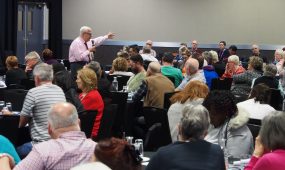 Features
Features
Faith formation for a new and exciting era
Therefore, faith-based school culture is an ideal environment in which to nurture faith for families and staff who have chosen to belong. We don’t need to re-invent the wheel to do this! I am excited by some opportunities that I identified during our conference where, by extending my sacramental, teaching and pastoral ministry, as a school chaplain I might incorporate more generations of our school families by emailing our Daily Prayer; introducing Messy Church or Dinner Church to House Worships; celebrating student milestones, liturgical seasons, baptisms and confirmations; facilitating contemporary worship for staff and students; and, curating faith-forming digital resources for families, including websites, podcasts, webinars and social media groups (perhaps parents and grandparents might even listen or take a look while waiting in our car park to pick up children!).
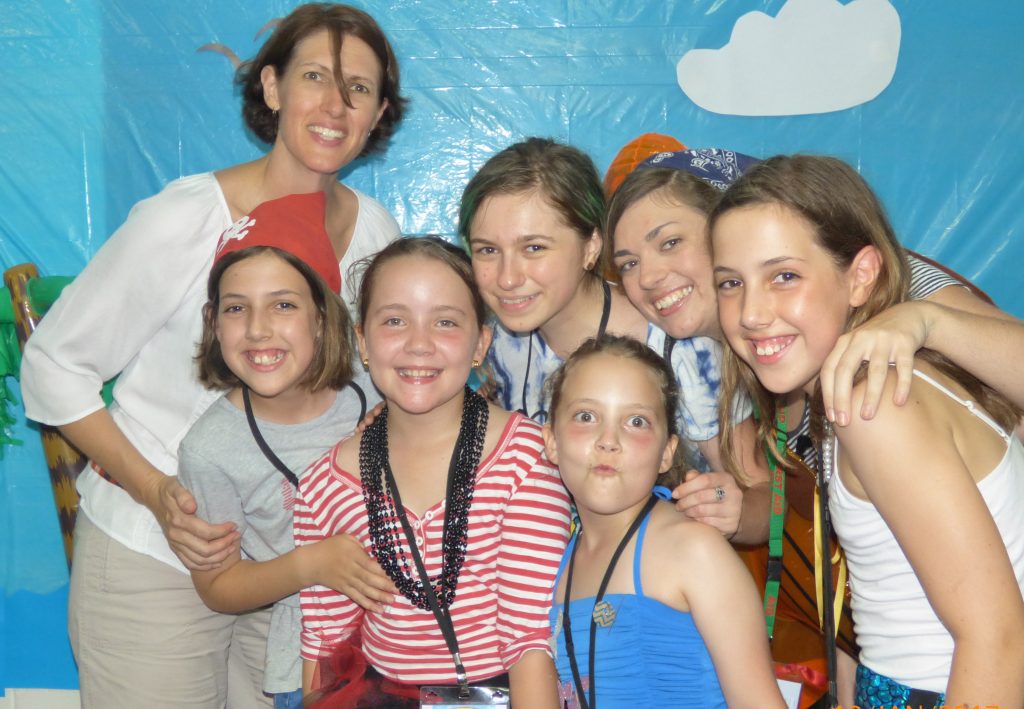
The Waterloo Bay Anglican Church cohort who attended Primary Ichthus 2016 as campers and leaders, with Spiritual Director The Rev’d Canon Sarah Leisemann



